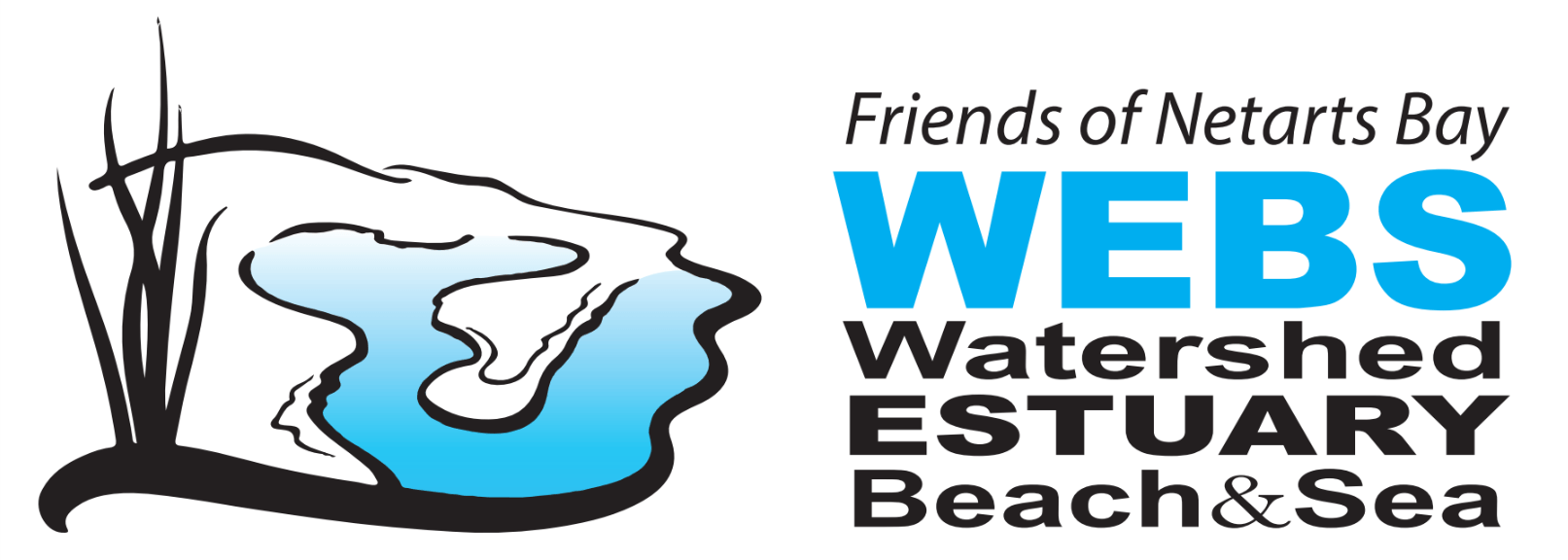FRIENDS OF NETARTS BAY (WEBS)
LAND ACKNOWLEDGEMENT STATEMENT
The following is taken from the Guidance provided by the Legislative Commission on Indian Services,
which was prepared in conjunction with the nine recognized Tribes within Oregon.
“Land acknowledgments have become common practice over the past few years. These statements frequently occur at the commencement of meetings, conferences, or symposia, as well as preface to written documents. (Of course, when meeting on lands that are currently, formally recognized as Tribal lands (e.g. reservation lands), a land acknowledgement may be considerate, appropriate, and necessary). The reasons for offering a land acknowledgment vary, but one can assume that they are offered with the best of intentions. Well-intentioned or not, it is necessary to recognize that land acknowledgements may not have their intended effect. The response or reaction to land acknowledgements varies among Tribes and among tribal members. Some view land acknowledgements as an “important first step.” Others view them as condescending and, in fact, simply adding to or perpetuating the trauma associated with the doctrine and implementation of Manifest Destiny. Recognizing that there are many delicate considerations that accompany a land acknowledgment, agencies have sought guidance on proper wording and process. The relatively recent movement to provide a land acknowledgment may be fueled by an apparent reckoning that history, as taught in the average classroom, is incomplete or one-sided at best. On one hand, a land acknowledgement can serve to advance this reckoning by acting as a reminder to some while also introducing this notion to others. On the other hand, a land acknowledgment can seem incomplete and, consequently, insulting. For example, in offering a land acknowledgment, the proponent recognizes that modern day society exists on lands that previously belonged to the indigenous peoples of the area. The proponent may (or may not) also acknowledge that these lands were taken by force, with brutal consequences to the indigenous peoples. Yet, while these facts are acknowledged, no reparations are offered or suggested. So, what purpose did the acknowledgment serve? At worst, it is nothing more than a salve for the speaker and audience. At best, it offered an opportunity to educate. Although it can also serve as a form of apology, an apology can be seen as entirely hollow when it does nothing to make amends for the prior wrong.”
Recognizing the sensitive character of land acknowledgement, the Board of Directors of the Friends of Netarts Bay (WEBS) offers the following statement:
Indigenous tribes and bands have been with the lands we inhabit today between Cape Lookout and Bayocean Spit since time immemorial and continue to be a vibrant part of our area today. The Board of Directors expresses our respect to the First Peoples of this land, and the pre-existing and continued sovereignty of the federally recognized tribes of the Confederated Tribes of the Grand Ronde and Confederated Tribes of the Siletz Indians. Further, we appreciate the efforts of the Chinook, Clatsop and Nehalem Peoples to obtain federal recognition.
The Friends of Netarts Bay (WEBS) recognizes and honors the ongoing legal and spiritual relationship between the land, plants, animals, and people indigenous to this place. Their interconnectedness cannot be overstated; the health of one is necessary for the health of all, and we thank the tribes for continuing to share their traditional ecological knowledge and perspective on how we might care for one another and the land, so it can care for us.
The Friends of Netarts Bay (WEBS), is a private, nonprofit organization founded in 2006 that draws upon the legacy of those who in the past and currently reside on and visit the lands between Cape Lookout and Cape Meares. Today, through a variety of practices, policies and projects, WEBS works to elevate Native perspectives and knowledge, respect tribal protocol, and demonstrate recognition of tribal sovereignty. This work is aligned with and brings specificity to the values contained within the WEBS Strategic Plan.
WEBS is grateful for the many Native people who have shared with us not only their deep, ancestral knowledge of this place but also their guidance for the correction of the products we create, including the language we use and the actions we take or neglect to take along the way. The following list provides a roster of activities that demonstrate our commitment to respecting indigenous knowledge and perspectives. We expect this list to grow and change over time and we welcome feedback in that regard.
WEBS is committed to conducting at least two workshops during National American Indian Heritage Month (November) to help the broader community understand the legacy and knowledge of indigenous people.
WEBS staff and/or Board Members will consult with indigenous representatives when conducting activities regarding Native peoples.
WEBS will regularly seek consultation with appropriate Native advisors and follow pertinent directions when preparing exhibits.
WEBS will continue to look for opportunities to honor, respect, acknowledge, and demonstrate the knowledge and perspectives of the original inhabitors of these lands.
ADOPTED June 27, 2024 BY THE FRIENDS OF NETARTS BAY (WEBS) BOARD OF DIRECTORS
Friends of Netarts Bay
WEBS
4929 Netarts HWY W
Netarts, Oregon 97143


